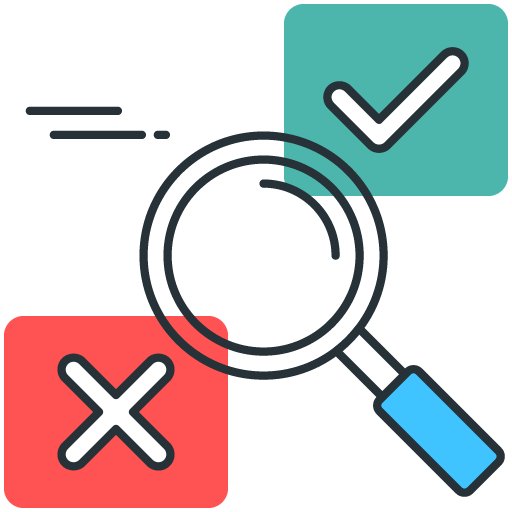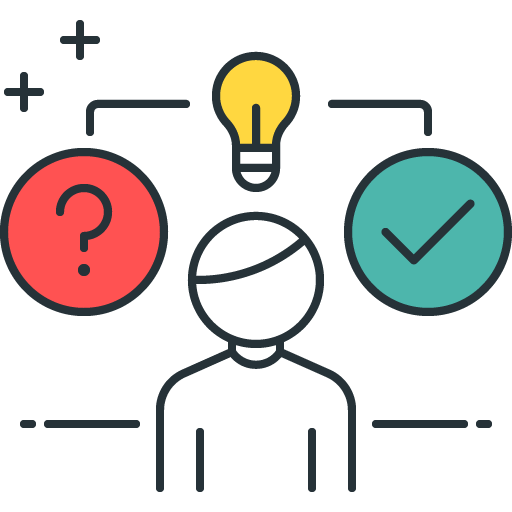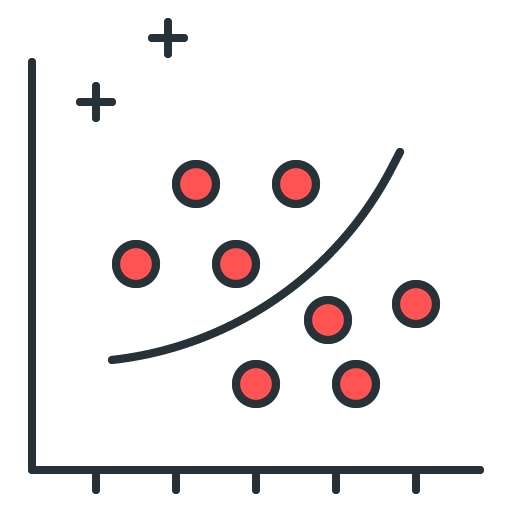Upcoming Sessions
Join us at an upcoming session and go beyond!
Webinar Series: Designing Feasible, Focused And Flexible Experiential Learning In Challenging Times!
A CERIC-EWO Partner Webinar Series
On-Demand (3 hours of learning)
(Original dates: Feb. 25, March 4 & 11, 2021)
Location: Online
Registration Required
- Individual $119
- Groups (5+) save 25%
Overview
Getting experiential learning (EL) and work-integrated-learning (WIL) right is important, and getting each experience right feels complex. Multiple stakeholders, aims and needs pose challenges to navigating relationships and designing experiences, while ongoing shifts to remote learning and restricted workplaces remove the usual options.
Who Should Attend
This new webinar series comes in response to a popular standalone webinar delivered earlier this year by our presenters and aims to further your learning on how to design effective experiential learning. Participants don’t need to have seen the standalone webinar to attend the series.
This deeper series will teach you how to navigate among stakeholders (e.g., learners, partnering organizations, senior school or institution administrators, government and funders), identify the often-unstated intended outcomes of the experience, and design experiences within your context. Our two presenters will share the Outcome-Based Experiential Learning (OBEL) framework they developed as a concise and guided design process to enable you to successfully navigate EL planning and implementation. Furthermore, participants will also receive a complimentary copy of the new OBEL guide.
This webinar series is a good fit for:
- Staff, educators and community partners working to co-design, recruit for, advise students, and offer experiences;
- Community partners seeking to define why and how they will host experiences; and
- Educational institutions and schools creating strategies.
Webinar #1: What Are We Seeking? Naming the Outcomes for EL with Stakeholders
- Specify your stakeholders
- Specify intended outcomes of experiential learning
- Identify (or design a plan to co-identify) specific intended outcomes of each stakeholder group
- Distinguish between opportunity types (WIL, practice spaces, projects and employment programs)
Webinar #2: What Will They Do? Identifying the EL Design Factors – Including in Emergent Contexts
- Identify the five design factors influencing the possible experiences
- Using the five design factors, define your current context including its possibilities and constraints
- Identify how to adapt existing or planned experiences when the factor changes in your context
Webinar #3: Will It Be a Success? Aligning EL Outcomes, Activities, Assessment and Evaluation
- Refine the design factors and intended outcomes including adaptation options
- Select and design appropriate and feasible assessment options
- Confirm alignment between intended outcomes, activities, assessment and evaluation utilizing the OBEL planning template
Intro to Statistics for Better Decision-Making
2 Day (7 hours) Workshop
Monday May 3 and Tuesday May 4, 11:00 to 14:30
11:00 – 14:30 EDT
Registration Required
CES Full-day workshop rate:
- Early Bird rate (until April 11): $175*
- Regular rate (April 12 – May 3): $250*
This workshop is part of the 2021 Canadian Evaluation Society Conference Workshops
*Note: Workshop registration requires conference registration; workshop registration will be allowed without conference registration in the last 2 weeks before the conference if space allows.
Beginner level; In English
With better statistical conversations and designs comes better-informed decision-making. Join for a practical professional workshop to brush up on what statistics is really about. This workshop focuses on a basic introduction to what statistics can be used for and can’t be used for, and how to discuss, raise and address concerns about the quality of statistical designs based on a four-part alignment framework that will help you to better describe and feel empowered to discuss statistics. Evaluators and partnering organizations often need to read and interpret reports and engage in dialogue, critique designs, and engage in decision-making discussions where statistics is held accurately or not as decisive evidence. This workshop will help you to better engage in these discussions and have an informed approach to addressing the quality of a statistical design for greater utilization of meaningful results.
Prerequisites: No prior knowledge of statistics is required. Some experience in evaluation contexts and discussions would be helpful as we will be discussing how to engage in conversations about statistics in those contexts.
Objectives
- Describe the limits of statistics and appropriate uses
- Evaluate an evaluation design for alignment to determine good quality statistical use
- Feel empowered in their ability to discuss, explain and facilitate decision-making based on a statistical design
Webinars are designed to be professional, engaged learning spaces with interaction and questions. They are not recorded. Slides are provided to attendees.
Workshops We Offer

TEACHING CHANGE FRAMEWORKS
Strategic Change in Higher Education: Planning for Forces that Hinder and Support Change
WORKSHOP DETAILS
Change in higher education is messy and often uneven in its success. Four sets of forces have been identified that hinder or support changes in teaching and learning. This session outlines how to name the forces affecting an initiative and how to design for change.
Offered as:
- 90-minute Introductory Webinar
- Half-day Workshops
- Consultations

TEACHING CHANGE FRAMEWORKS
Evaluating Change in Higher Education
WORKSHOP DETAILS
Evaluating and evidencing in higher education is challenging as change is often messy and success uneven. This session outlines how to plan evaluations to assess key shifts in identified forces that may hinder or support change.
Offered as:
- 90-minute Introductory Webinar
- Half-day Workshops
- Full-day Workshops with Guidance on Projects
- Consultations

The Basics of Talking Stats
WORKSHOP DETAILS
Let’s talk stats. Feeling uncertainty when you hear those words? This session is for you. We outline and practice key questions that professionals, leaders, and stakeholders can use to request and confirm planned analyses and discuss results. Feeling joy at the thought of statistics? This session’s questions support analysts, evaluators, and others who use statistics frequently to clarify expectations with stakeholders.
Offered as:
- 60-minute Introductory Webinar
- Half-day Workshops
- Full-day Workshops with Guidance on Projects
- Consultations

Outcome-Based Experiential Learning
WORKSHOP DETAILS
In experiential learning, goals for the experience often differ between partnering stakeholders in designing experiential learning. Outcome-based experiential learning (OBEL) is about creating meaningful experiential learning by identifying which of the over 40 outcomes are relevant to your stakeholders, considering the five factors that influence activity and assessment design.
Offered as:
- 90-minute Introductory Webinar
- Half-day Workshops
- Full-day Workshops with Guidance on Projects
- Consultation

Dynamic Data: Mastering Pivot Tables for Engaging Data Viz and Discussions
WORKSHOP DETAILS
Wanting dynamic data discussions without spending days preparing? This session is for professionals who plan, facilitate and prepare data debriefs and stakeholder data discussions. This session outlines how to identify what to show first, what to have in your back pocket, and what can be adapted dynamically during discussions.
In the hands-on workshop, you will:
- Create pivot tables in Excel and adapt them to answer emergent questions.
- Create charts and visuals that auto-update from refreshed pivot tables.
- Use conditional formatting and pivot tables to create heat maps.
- Theme basic qualitative data in Excel and summarize it with pivot tables.
This workshop is intended for individuals familiar with Excel. Bring your own laptop and ensure your version of Excel has the option for pivot tables. Internet access and power will be provided.
Offered as:
- 90-minute Introductory Webinar
- Half-day Workshops
- Full-day Workshops with Guidance on Projects
- Consultation
